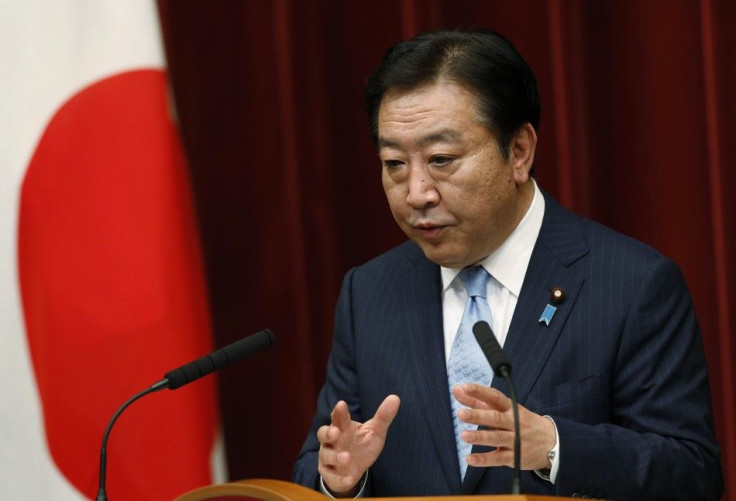Japan Orders Restart of Two Nuclear Reactors Disregarding Protest

Japanese Premier Yoshihiko Noda Saturday announced the restart of two nuclear reactors, for the first time since the closure of all of the country's nuclear power plants following last year's Fukushima crisis, disregarding the widespread public opposition to nuclear power.
A pair of reactors among the four reactors at the Ohi plant in central Fukui prefecture will restart operations in three weeks.
Japan had to shut down its 50 reactors for maintenance following a devastating earthquake and tsunami which triggered a meltdown at the Fukushima power plant last year.
Nuclear reactors had been providing about 30 percent of the country's electricity needs which was expected to increase to at least 40 percent by 2017, prior to the Fukushima accident.
In October 2011 the government published a White Paper confirming that Japan's dependency on nuclear energy will be reduced as much as possible in the medium-range and long-range. It also highlighted weaknesses in the energy system and said that a new energy policy will be developed by mid-2012.
The decision to reopen the reactors has ended a deadlock in the controversy surrounding Japan's dependency on nuclear power.
Despite having suffered the catastrophic consequences of nuclear weapons in wartime, Japan began using nuclear reactors to meet its growing energy needs to avoid depending on fossil fuel imports since the 1970s. However, the majority of decision-makers argued that an earthquake-prone country like Japan should quit using nuclear reactors citing safety concerns.
But Noda and his supporters argued that Japan is dependent on nuclear power for energy needs and that the economy wouldn't sustain without it.
The decision to restart the Ohi reactors is expected to pave the way for reopening of other reactors across the country, but Noda said decisions will be taken assessing the safety of each reactor.
We are determined to make further efforts to restore people's trust in nuclear policy and safety regulations, he said Saturday, according to Kyodo news agency.
Noda met with governor of Fukui prefecture Kazumasa Nishikawa for approval before announcing the decision.
Now that we have the approval from the autonomous body where the reactors are relocated, the four ministers concerned made the decision to restart the reactors, Noda said, according to an AFP report.
Nishikawa said he approved the decision to restart nuclear reactors after he had been assured of government's safety efforts, adding that the agreement was reached to help stabilize livelihoods and industry.
© Copyright IBTimes 2025. All rights reserved.





















